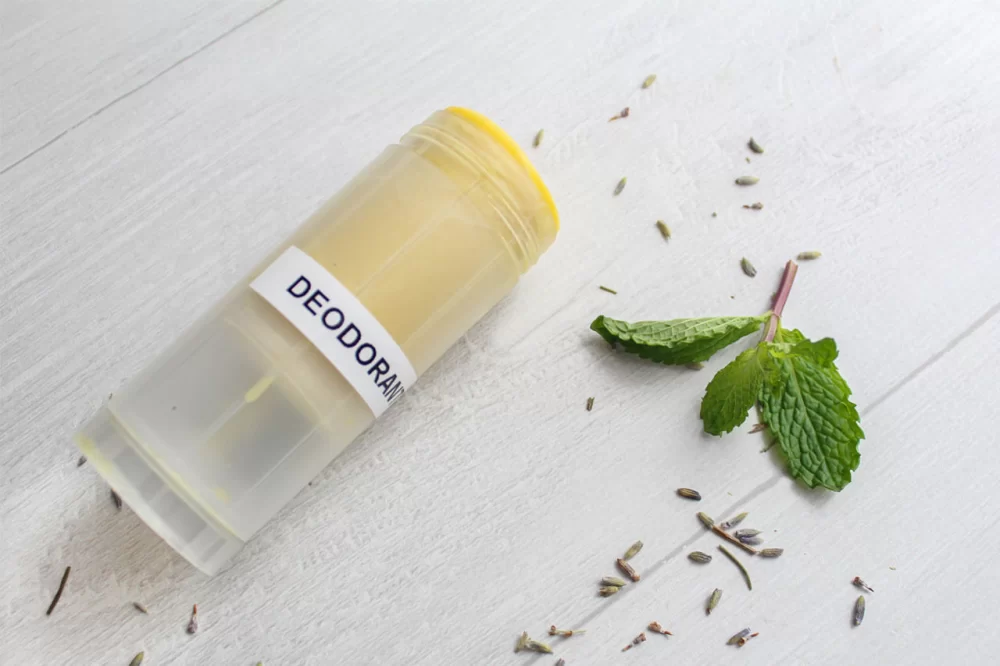My Journey to Discovering the Best Essential Oils for Natural Deodorant
There was a time when I was obsessed with finding the perfect natural deodorant. You know, the kind that doesn’t leave a sticky mess or make you smell like an herbal apothecary gone rogue by lunchtime. I’ve tried store-bought versions that promised miracles, only to be disappointed (and a little smelly) by noon. That’s when I decided to dive deep into the world of essential oils — nature’s most aromatic little miracle workers.
1. Why Essential Oils Are a Game Changer for Natural Deodorants
Let’s be honest. Sweating is natural, but no one wants to smell like a gym bag. Commercial deodorants often rely on aluminum, parabens, and synthetic fragrances to block sweat and mask odor. Not exactly skin-friendly or body-positive. Essential oils, however, offer antibacterial, antifungal, and deodorizing properties — all while smelling amazing. They not only help fight the bacteria that cause odor but also nourish the skin without harmful side effects.
1.1. A Personal Story: The "Lavender Revelation"
I remember the first time I replaced my regular deodorant with a DIY one made from coconut oil, baking soda, and a few drops of lavender essential oil. I was skeptical. But by the end of a summer hike, I still smelled... fresh. Not like roses, but like me — clean and naturally fragrant. That small success set me off on an experimental journey to discover the best essential oils for natural deodorant formulations.
2. The Top Essential Oils That Work Wonders for Natural Deodorants
2.1. Tea Tree Oil – The Antibacterial Powerhouse
This one is non-negotiable in my blends. Tea tree oil has strong antibacterial and antifungal properties, making it a natural odor fighter. Just a few drops can keep body odor-causing bacteria in check all day long. Plus, it blends well with citrus and herbaceous oils for a pleasant scent profile.
2.2. Lavender Oil – Soothing and Subtly Floral
Lavender isn’t just for sleep. It’s calming for the skin and helps neutralize odor gently. I find it particularly helpful if I’ve just shaved — no irritation, just soft, lightly scented skin. A must-have for sensitive underarms.
2.3. Lemongrass Oil – Zesty with a Kick
When I want to smell like I’ve just stepped out of a spa, lemongrass is my go-to. Its citrusy aroma is bright and energizing. It’s also a natural antiseptic and works well in warm climates where you might be sweating more than usual.
2.4. Eucalyptus Oil – Crisp and Cooling
I use eucalyptus oil when I want that refreshing, cool feeling. It’s invigorating and has antibacterial properties that keep odor in check. I usually pair it with peppermint or rosemary oil for an extra fresh kick.
2.5. Patchouli Oil – Earthy and Long-Lasting
This one is a little more polarizing — people either love it or hate it. Personally, I love the grounding, musky scent. It lingers longer than most oils, which means it keeps you smelling good for hours. It also has natural antifungal properties, which is a bonus.
3. How to Create Your Own Natural Deodorant with Essential Oils
Creating your own deodorant is easier than you think. I started with a basic base and experimented until I found combinations that worked with my body chemistry. Here’s a simple yet effective recipe to get started:
- 3 tablespoons coconut oil
- 2 tablespoons arrowroot powder
- 1 tablespoon baking soda (use less for sensitive skin)
- 5 drops tea tree oil
- 5 drops lavender oil
- Optional: 3 drops lemongrass or eucalyptus for extra freshness
Mix everything in a small bowl, store in a small jar or deodorant stick container, and apply as needed. Simple, clean, and it works.
4. Tips for Transitioning to Natural Deodorant
4.1. Detox Period: Give It Time
When I first switched, I noticed a few days of extra sweating and stronger odor. Don’t panic — your body is adjusting. Commercial deodorants block your sweat glands, so it takes time to normalize. Usually within a week, everything settles down.
4.2. Test Oils for Sensitivity
Always do a patch test before going all in. Some oils, like cinnamon or clove, are too strong for sensitive skin. If you’re prone to irritation, stick with lavender, chamomile, or sandalwood.
4.3. Less Is More
When it comes to essential oils, a little goes a long way. You want just enough to fight odor and offer scent without overwhelming your senses or causing irritation. I’ve found that 5–10 drops per deodorant batch is the sweet spot.
5. Why I’ll Never Go Back to Store-Bought Deodorants
Making my own deodorant has been empowering. Not only do I know exactly what’s going onto my skin, but I’ve also been able to customize my scent, support my body’s natural detox, and avoid unnecessary chemicals. Plus, let’s be honest — crafting your own products feels like a small, daily act of self-care. There’s nothing better than swiping on something you made yourself and smelling fantastic all day.
So if you're standing in the natural deodorant aisle feeling overwhelmed or underwhelmed by the choices, take it from me: get some essential oils, experiment a little, and create something that actually works. And if you need help figuring out the perfect blend for your skin and scent preferences, we’ve got plenty of guides over at Scent Snob to help you get started on your natural, fragrant journey.


0 comments